
Traditional festivals around the world offer a rich tapestry of cultural experiences, with one aspect standing out – Culinary Adventures. These festivals not only showcase age-old traditions but also provide a unique opportunity to savor diverse and mouthwatering cuisines. Let's embark on a global journey exploring the intersection of tradition and gastronomy.
Traditional festivals, rooted in cultural heritage, are celebrations that bring communities together. They serve as a window into the soul of a society, reflecting its values, beliefs, and history. As we delve into the world of traditional festivals, the focus shifts to the delightful culinary adventures that accompany these celebrations.
Global Diversity in Festivals
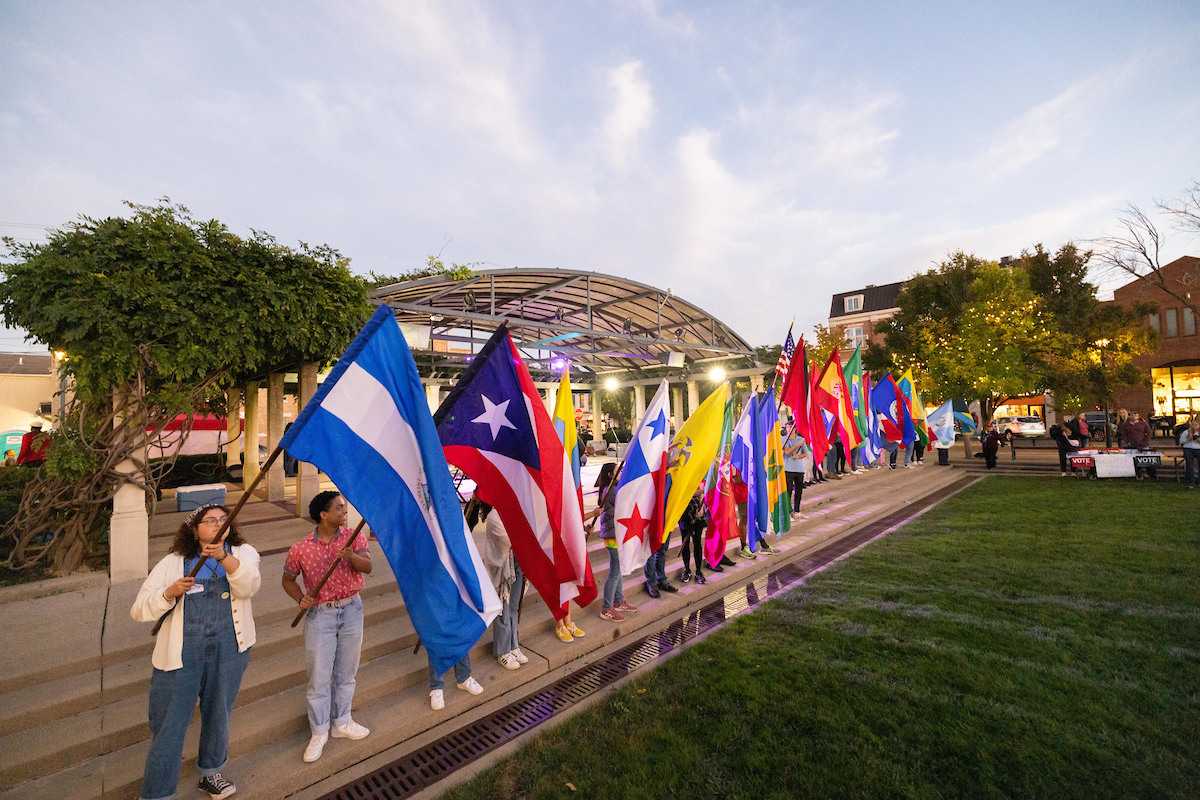
Around the globe, traditional festivals vary widely, each unique to its cultural context. From vibrant street parades to sacred ceremonies, these events create a sense of unity among diverse communities. The cultural significance embedded in these celebrations becomes even more pronounced through the lens of culinary traditions.
Culinary Adventures at Festivals
One of the most exciting aspects of traditional festivals is the abundance of delectable food offerings. Traditional food stalls, lined with aromatic delicacies, form the heart of these events. Attendees can indulge in unique culinary experiences, exploring flavors that define the essence of a particular culture.
Asia: A Culinary Extravaganza
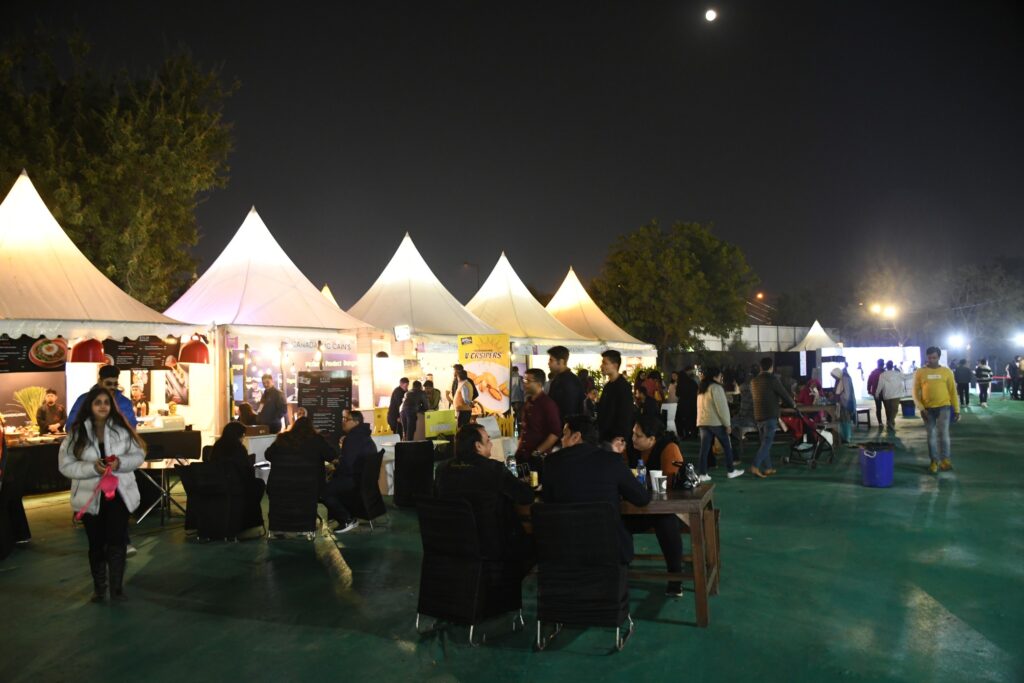
In Asia, traditional festivals are synonymous with a culinary extravaganza. During Diwali in India, the air is filled with the aroma of spices as street vendors offer an array of sweets and savory delights. Similarly, the Chinese New Year celebrations are marked by a feast of symbolic dishes, each carrying auspicious meanings.
Europe: Where Gastronomy Meets Tradition
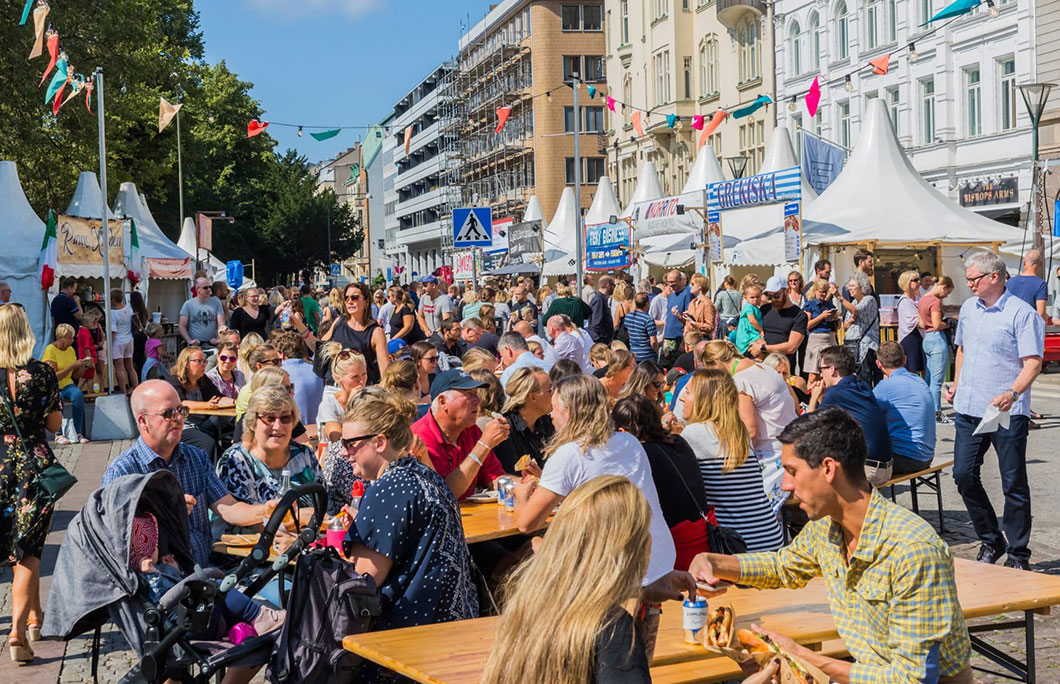
Europe, with its rich history, merges gastronomy seamlessly into its traditional festivals. Oktoberfest in Germany is a prime example, where beer flows freely, and traditional Bavarian dishes are enjoyed amidst lively music and dancing. On the contrary, La Tomatina in Spain is a playful festival where tomatoes take center stage in a friendly food fight.
North America: Festivals Beyond Borders

In North America, festivals extend beyond borders, showcasing a blend of traditions. Thanksgiving traditions in the United States revolve around a grand feast, featuring roasted turkey and pumpkin pie. Meanwhile, Cinco de Mayo in Mexico is a vibrant celebration with street vendors offering tantalizing Mexican street food.
South America: Savoring Traditions
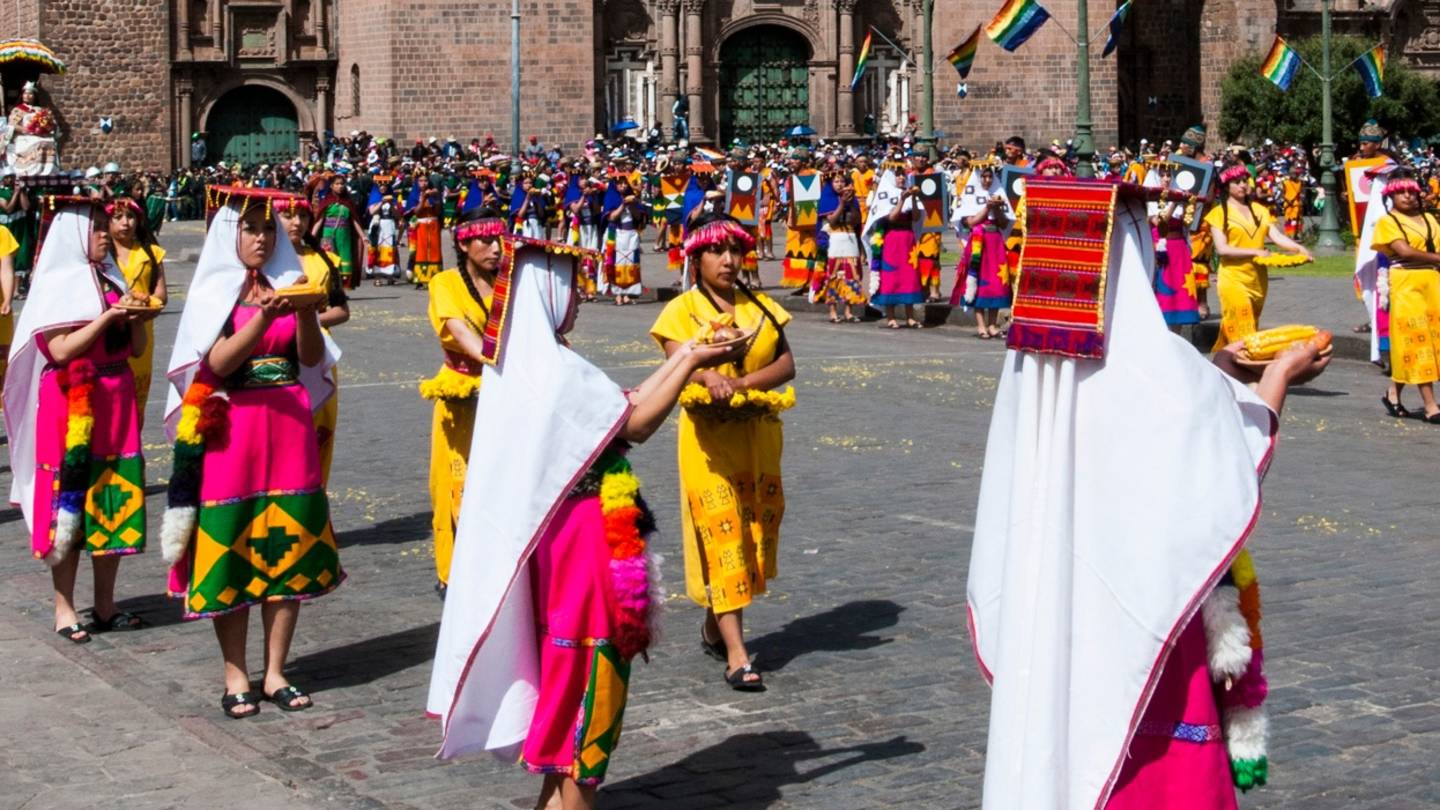
The festivities in South America are a feast for the senses. Carnival in Brazil is a spectacle of colors, music, and flavors, with street vendors selling traditional delights. On the other hand, the Day of the Dead in Mexico is a poignant celebration featuring an array of symbolic dishes to honor departed loved ones.
Africa: A Tapestry of Flavors
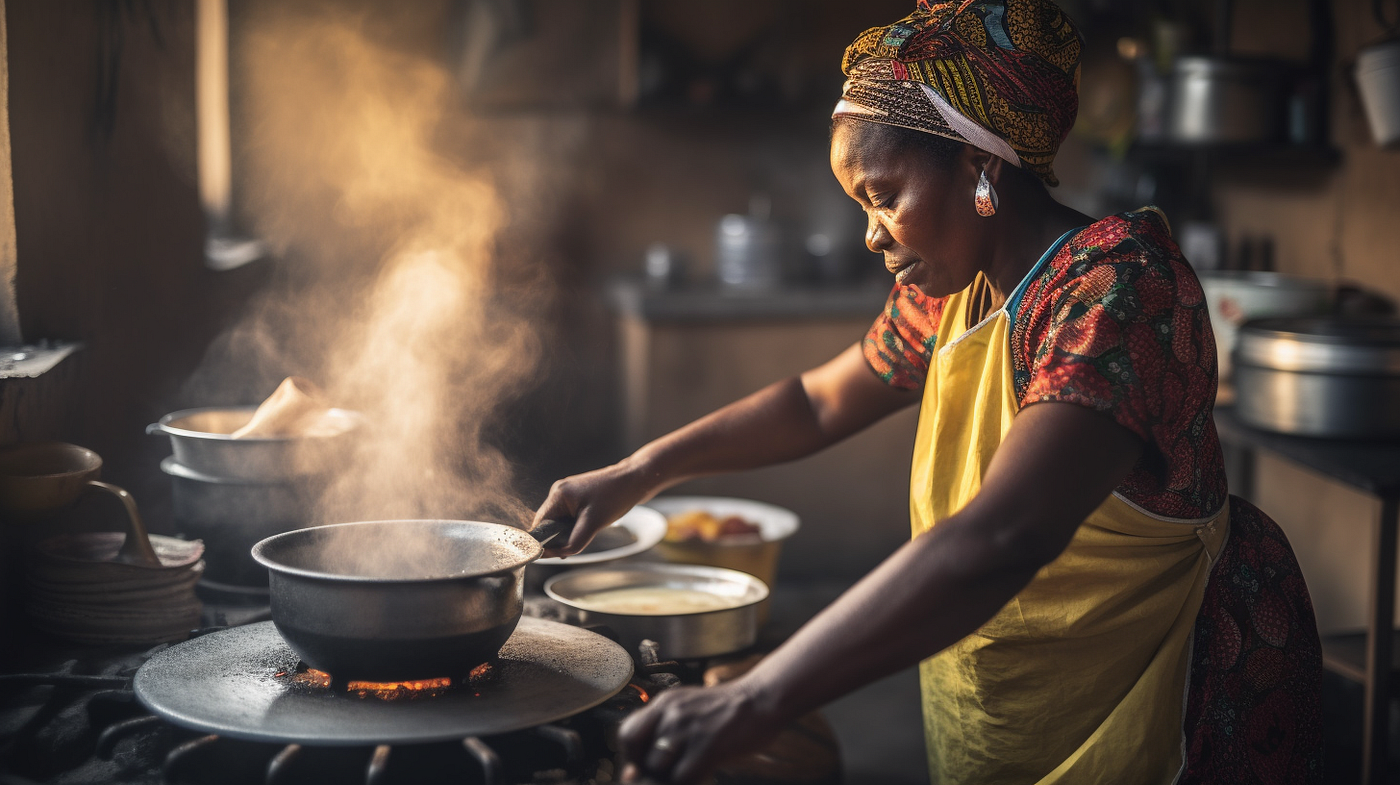
Across Africa, traditional festivals are a tapestry of flavors. The Eid al-Fitr celebrations involve a variety of traditional dishes, marking the end of Ramadan. In Cape Town, the Street Food Festival showcases the diversity of African cuisine, offering a melting pot of flavors.
Oceania: Festivals Down Under
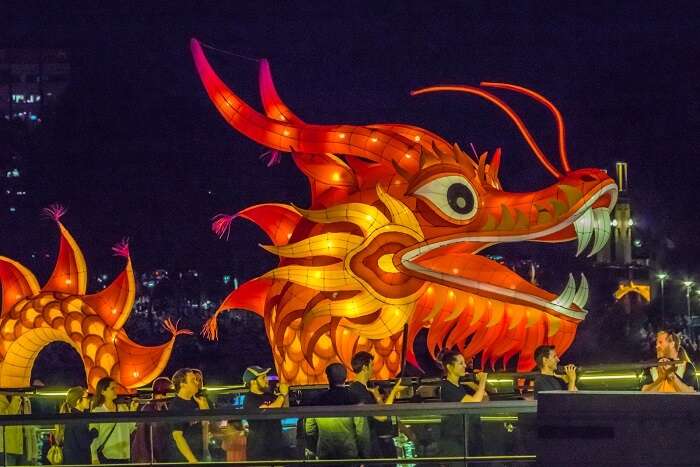
Even in the tranquil landscapes of Oceania, festivals are celebrated with gusto. Waitangi Day in New Zealand involves a feast of indigenous Maori cuisine, highlighting the connection between culture and food. Meanwhile, the Melbourne Food and Wine Festival in Australia is a gastronomic delight, featuring a fusion of global flavors.
How Traditional Festivals Impact Tourism
Apart from their cultural significance, traditional festivals significantly impact tourism. The allure of experiencing authentic celebrations attracts travelers from around the world, contributing to the economic growth of host regions. Cultural tourism sees a substantial boost, with attendees eager to explore the unique fusion of tradition and culinary delights.
Unusual Culinary Traditions
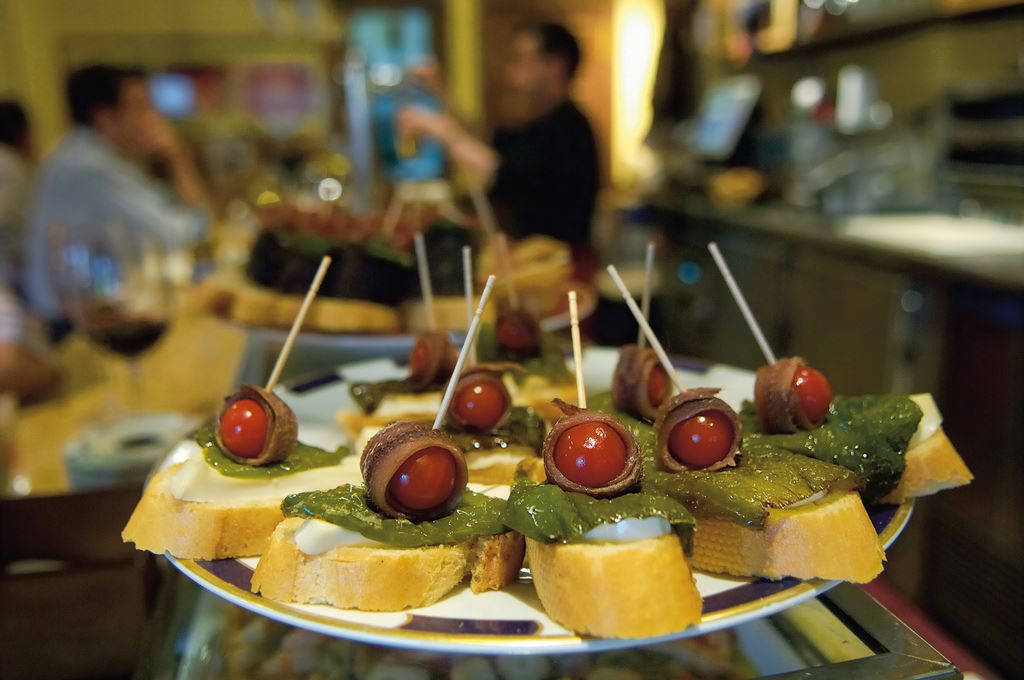
In the realm of culinary adventures, some festivals boast unusual traditions that intrigue and challenge the taste buds. In Sweden, the infamous Surströmming, fermented herring, is an acquired taste celebrated during festivals. Sardinia, Italy, introduces Casu Marzu, a traditional cheese with live insect larvae, adding a distinctive twist to local cuisine.
Adapting Traditional Recipes
In a globalized world, culinary traditions evolve through the cross-pollination of ideas and flavors. Fusion food trends emerge as chefs experiment with combining traditional recipes from different cultures. This exchange not only broadens culinary horizons but also influences local cuisines worldwide.
The Role of Social Media in Festival Experience
Modern technology, particularly social media, plays a crucial role in enhancing the festival experience. Attendees capture and share their culinary adventures on platforms like Instagram, creating a virtual feast for enthusiasts worldwide. Virtual festival experiences also allow global audiences to participate in celebrations, transcending geographical boundaries.
Tips for Festival-Goers

For those eager to embark on their own culinary adventures at traditional festivals, a few tips can enhance the experience. Researching culinary highlights beforehand, trying local delicacies responsibly, and engaging with locals for recommendations can make the journey more enriching.
Conclusion
Exploring traditional festivals around the world unveils a vibrant tapestry of cultural diversity and culinary wonders. From the colorful streets of Rio de Janeiro during Carnival to the tranquil landscapes of New Zealand's Waitangi Day, each festival offers a unique blend of tradition and gastronomy. Culinary adventures at these celebrations not only tantalize the taste buds but also foster a deeper appreciation for global cultures.
(FAQs)
Q. Are traditional festivals only about food?
Ans: While food is a significant aspect, traditional festivals encompass various cultural elements such as music, dance, and rituals.
Q. How can I prepare for a culinary adventure at a festival?
Ans: Research the festival's culinary offerings, try local delicacies responsibly, and interact with locals for authentic recommendations.
Q. What is the impact of social media on traditional festivals?
Ans: Social media enhances the festival experience by allowing attendees to share their culinary adventures globally and participate in virtual celebrations.
Q. Are there vegetarian options at traditional festivals?
Ans: Many traditional festivals offer a variety of vegetarian options, showcasing the diversity of local cuisines.
Q. Can I experience traditional festivals virtually?
Ans: Yes, virtual experiences and social media platforms provide opportunities to participate in traditional festivals from anywhere in the world.
.







